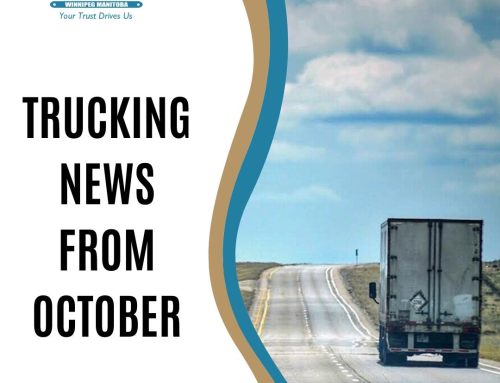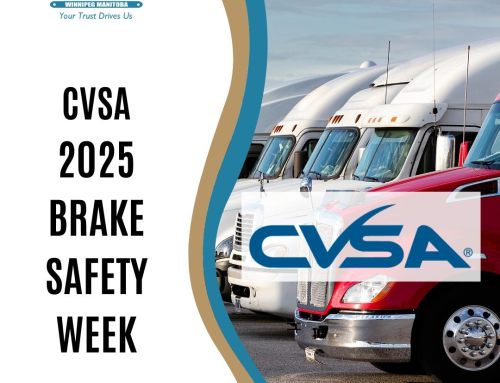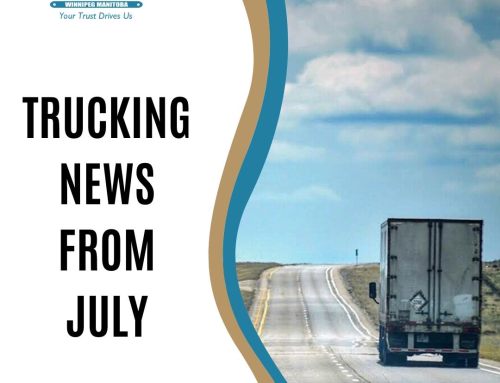Hours of Service regulations are in place to protect the public, drivers, and trucking companies. Drivers daily logs are routinely checked by law enforcement and trucking companies. The trucking industry is more focused on safety than ever before.
Perception of the Trucking Industry
 A popular perception of the trucking industry is – truck drivers drive exceedingly long hours and are often fatigued. If you’re not in the trucking industry you may not be aware that truck drivers follow strict laws which govern how many hours they can work and operate a commercial vehicle. The specific regulations are referred to as Hours of Service (HOS).
A popular perception of the trucking industry is – truck drivers drive exceedingly long hours and are often fatigued. If you’re not in the trucking industry you may not be aware that truck drivers follow strict laws which govern how many hours they can work and operate a commercial vehicle. The specific regulations are referred to as Hours of Service (HOS).
These laws are in place to ensure drivers are well rested and not fatigued. Trucking is physically and mentally challenging and drivers are required to work some unusual hours and times of day. Driver fatigued impairs a drivers alertness, reaction time, and decision making – which causes accidents.
HOS regulations are generally embraced by trucking companies, truck drivers, and insurance companies. The regulations protect the drivers from being abused, over worked, and put at risk by bad trucking companies; protect the general public; and gives trucking companies an even playing field when managing fleets by having clear rules which affects driver productivity. Today’s trucking industry has a clear eye on safety and driver treatment.
Trucking Log Books
Over the road truck drivers are required to complete a daily drivers log which documents when they work and categorizes the type of work they do. These logs are to be kept up to date to their last change in duty status. Drivers are required to keep a copy and hand in a copy of their logs to their employer.
HOS is strictly enforced by both the governing authorities and trucking companies. Violations count heavily against a trucking company’s safety profile which is essential to keep their operating authority, affects insurance rates, and a poor safety profile can also make it difficult to book loads from some shippers which impacts their bottom line. Companies with a high number of HOS violations can expect their drivers to be pulled in for closer inspections at scales.
Drivers can be asked to produce their log book at scales and ports of entry (check points by the department of transportation) or routine traffic stops. Scales and ports of entry are networked and can see when a driver had crossed other scales to ensure the drivers log is accurate and not falsified.
Trucking companies also do reviews of drivers logs to ensure drivers logs are accurate and completed properly. Trucking companies can check for accuracy by matching border crossing times and fuel times. The exact time is recorded when a driver uses the company fuel card and companies simply need to match the fuel time with the drivers log books. Trucking companies are required to take corrective action if drivers have problems with their driver logs (or any other safety or compliance issue).
The Department of Transportation can audit a trucking company’s driver logs at any time. It’s an expensive and time consuming process. Usually companies who run into problems with their safety profile can expect to be audited.
Gone are the days of Smokie and the Bandit. Today’s truck drivers coming out of the trucking schools want to run compliant and have little use for bad companies who pressure them to break the law. Successful companies today enforce compliance and safety. Today’s trucking industry understands the danger that fatigue poses to safe operations.




